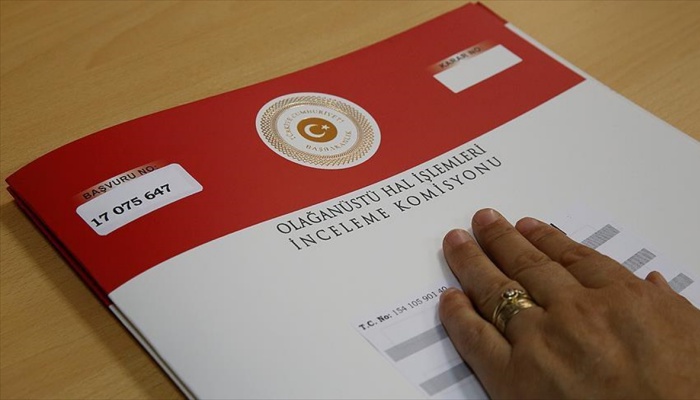A commission set up by the Turkish government to look into complaints from individuals who were affected by government decrees during a state of emergency (OHAL) in Turkey has so far rejected 42,000 applications out of the 39,000 it has processed since its establishment in summer 2017, according to a statement from the commission on Friday.
The commission said it has received 125,000 applications so far since its establishment and continues to assess the remaining 83,000.
Turkey’s Justice and Development Party (AKP) government declared a state of emergency in the aftermath of a failed coup attempt in the country on July 15, 2016 that remained in effect until July 19, 2018.
During the state of emergency, the AKP issued a number of government decrees, known as KHKs, through which thousands of academics, politicians, teachers, doctors, officials, businessmen, artists and journalists were purged due to their real or alleged connections to the faith-based Gülen movement, which is accused by the government of being behind the failed coup. The movement strongly denies any involvement in the abortive putsch.
The commission accepts complaints regarding dismissal from the civil service, jobs or organizations; dismissal from university and the loss of student status; the closure of associations, organizations, unions, federations, confederations, private health institutions, private education institutions, private institutions of higher education, private radio and TV organizations, newspapers and magazines, news agencies, publication houses and distribution channels; and the loss of retiree ranking through government decrees.
Individuals whose applications have been rejected by the OHAL commission have the right, within 60 days, to file a case at the Ankara 19th and 20th administrative courts for cancellation of the decisions of the OHAL commission.



